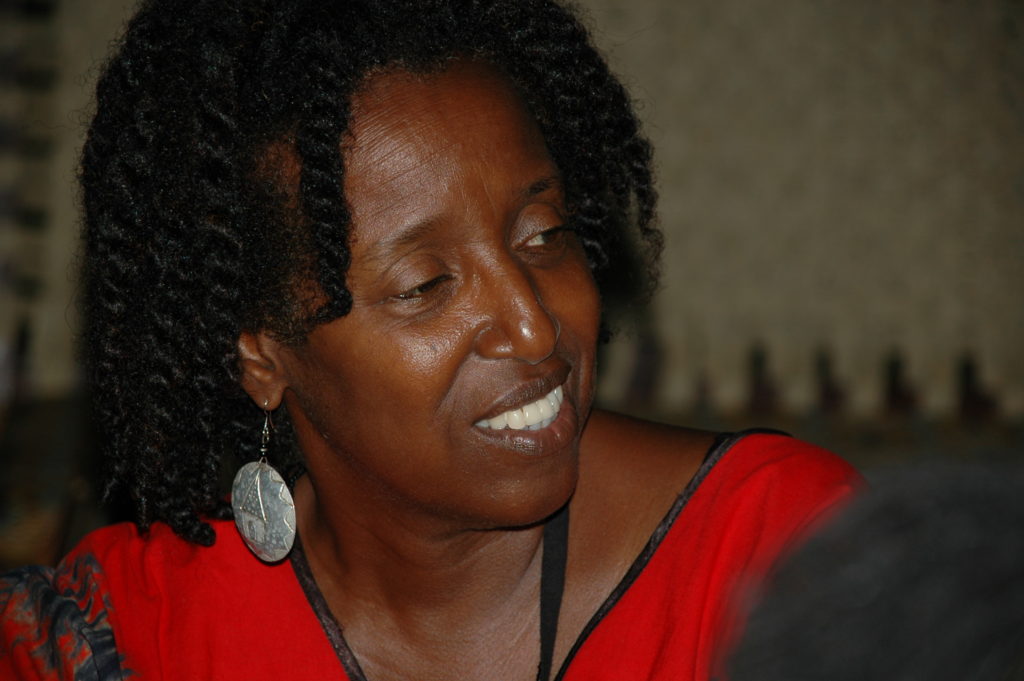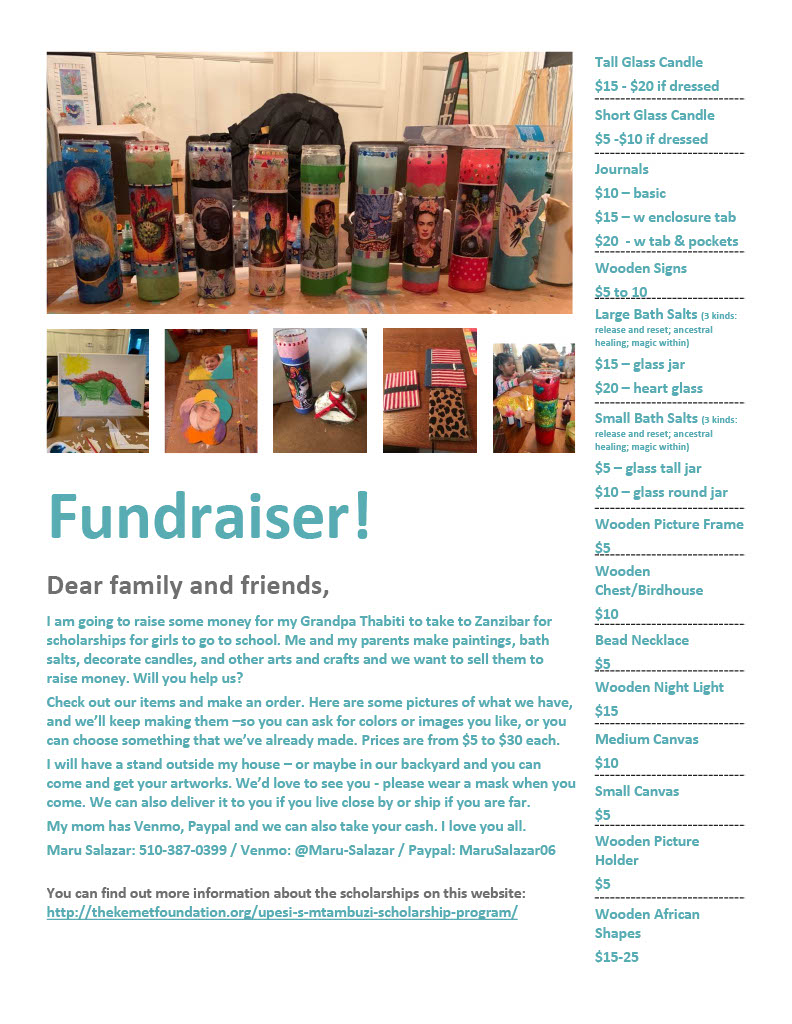
My wife, Upesi Mtambuzi, and I went to Bwejuu, a small village on the east coast of Zanzibar, over 20 years ago. Bwejuu at that time was a poor village. The villagers had a subsistence economy. The people lived off what they made fishing, farming, and anything else they could make or grow. There was no industry or manufacturing to provide jobs or to build an economy. We started meeting and talking with different villagers to try and get a sense of what we could do to help them. For example, we talked to the doctor at the health clinic and the administrators of the local school. As a result of these conversations, my wife and I and the friends who came with us began bringing school supplies, medicines, and small medical equipment with us on our visits.
On One of our visits we saw about two dozen of the village women get up every day and go to work on seaweed farming. This work lasted all day, from morning until late afternoon, took place every day, and was very labor intensive. Bwejuu is located directly on the beach. The tide on this particular beach retreats about a mile each day and returns at the end of the day. When the tide is out, the women would go to the area where the tide had been and begin planting and cultivating seaweed. Each woman worked alone and each had a plot about 25 square feet where she would plant and harvest her product of seaweed. The seaweed would be dried in the sun and sold to a broker for distribution off the island. This appeared to be back-breaking work. It also took the women away from their homes and families for most of the day. The women made an average of about the equivalent of 9-10 cents per kilogram of dried seaweed.
Upesi and I met with some of the women involved in this seaweed farming to get their impressions of this activity. After these discussions, we felt that we could do something to address this situation. We convinced some of the women to take on a micro-enterprise using the plastic bags as a resource. After these discussions we helped a group of the local village women organize themselves into a women’s cooperative called Kufaa Tena.
Kufaa Tena is a Swahili term which means “to be useful again”. Upesi and I continued to help the women’s business grow by buying some of the goods they made and by taking others for sale out of the country. The business grew and the women no longer had to rely on the seaweed farming to finance their homes and families. After a few years the women’s cooperative began making and selling clothes, fabrics, and clothing products such as aprons, gloves, and more. They got some sewing machines donated to them and now they have a thriving business with the tourist who frequent their village and with local merchants and shops. Their business appears to be set and ready to take care of some of the women of Bwejuu for a long time to come.
Once Kufaa Tena was up and running and taking care of business, Upesi discovered that the girls in the village ran into an almost solid wall after they finished primary school. Most of the girls went on to the Tanzanian equivalent of our high school. But with no future opportunities for education or other advancement, their future seemed pre-ordained. There were no jobs available for them except in the service industry as maids and in housekeeping for the tourist hotels.
The families who were able to paid for some of the boys to go to secondary school in boarding schools on the mainland in Dar Es Salaam. So the boys had opportunities to get further educated and to get jobs as a result. For the girls this opportunity was not available. Upesi decided to start a scholarship fund for the girls of Bwejuu. She started with one little girl, Kauthar Muhammed. Kauthar was about 9 years old at the time. She began going to a boarding school in Dar at age 10. All of her expenses were paid by Upesi.
Upesi died when Kauthar was 15. Kauthar was still in school and I continued funding her education through the Kemet Foundation. Now Kauthar is 21 and is graduating from pharmacy school. She just completed a rotation at the Mnazi Moja hospital in Zanzibar. Mnazi Moja is the main hospital on the island and it is where Kauthar wants to work. After Kauthar graduates, my goal is to try and provide scholarships to 2 new girls.
The goal is to increase the opportunities for young women and girls in Zanzibar and in Bwejuu specifically. Hence, I am requesting funding for the Upesi S. Mtambuzi Scholarship program. The program is supported through the Kemet Foundation and any funds will be appreciated. Typically, tuition and room and board for one person is about $1,500 to $3,000 dollars per semester. Therefore, it may be possible to send 2 girls to college for about $6, 000 dollars or less. If you need additional information about the people of Bwejuu, the girls involved in the program, the Kufaa Tena women’s cooperative, or the Kemet Foundation please contact me. I can be reached at tmtambuzi@aol.com; or at 510-236-0877. Thank you for helping out.
Thabiti Mtambuzi, Secretary
Kemet Foundation
